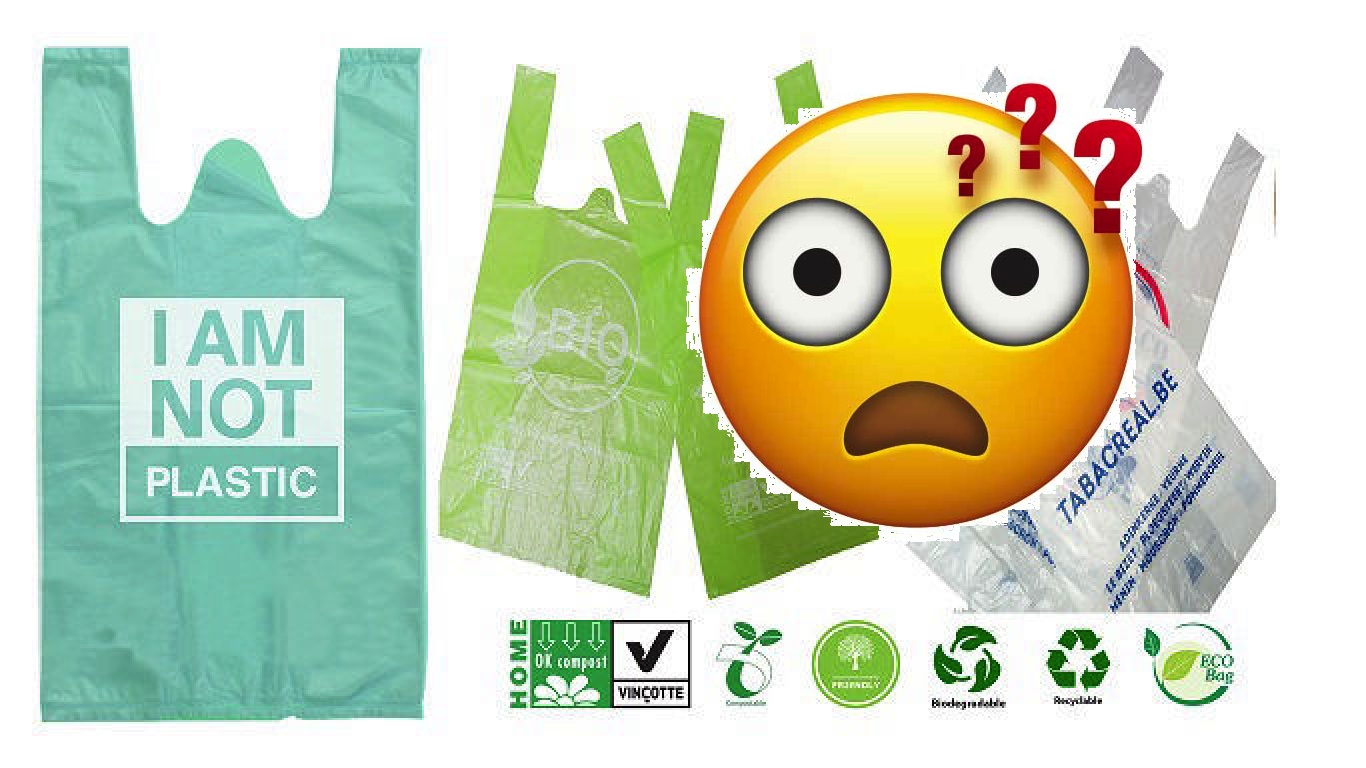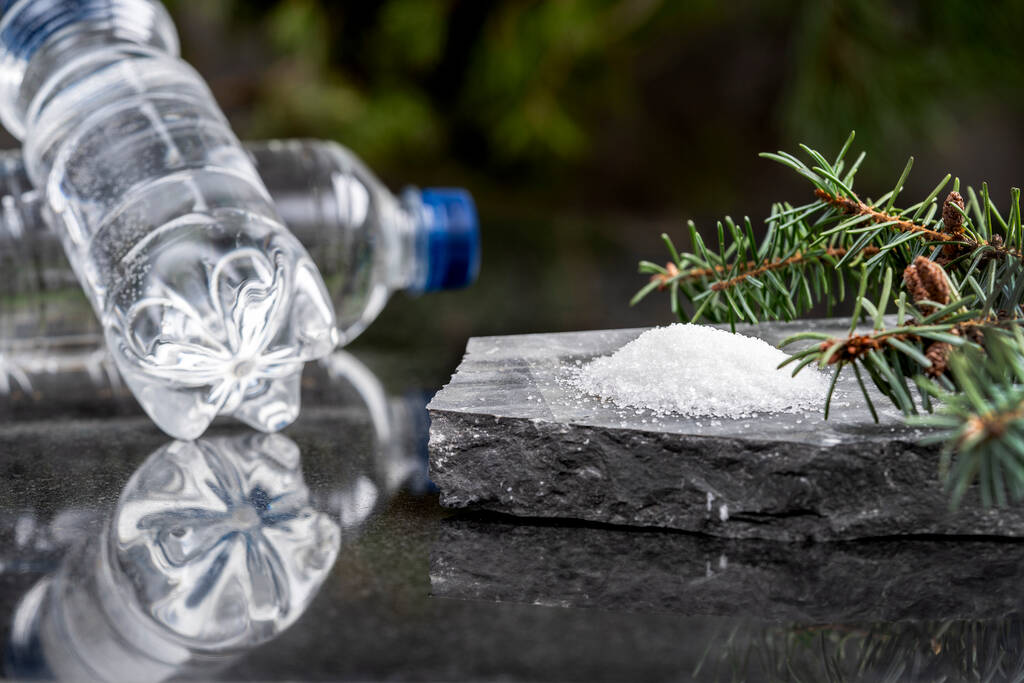My apologies for the lack of posts as traveling and giving a presentation takes a toll on my blogging schedule. I am not yet sure if I can share my presentation in public but what I stated on one of my slides is that confusion on bioplastics is one of the biggest challenges in this industry and recent announcements below are definitely not helping.
One recent study is from the University of Plymouth whose researchers examined the degradation of five different polymer types of plastic bag materials sourced from high street retailers in the UK. The researchers noted the biodegradability and compostability (or lack thereof) of these bags and concluded that their sample bags that have biodegradable, oxo-biodegradable and conventional plastic formulations all remained functional as carrier bags even after being in the soil or in the marine environment for over three years, while the compostable bag still showed some signs of deterioration in soil even after 27 months.
According to the European Bioplastics association, this study caused more confusion especially with several newspaper reports stating compostable bags nowhere being better than any conventional plastic bags.
“Contrary to what the headlines of some newspaper reports picking up the findings suggest, the study confirms that only certified biodegradable and compostable bags – designed to be collected with the bio-waste and organically recycled in dedicated composting plants – even if mistakenly littered in the environment due to bad habits, have a reduced environmental impact”, says François de Bie, Chairman of European Bioplastics (EUBP).
“While no plastic bag should end up in the environment, period”, he adds, “at least it is clear that certified compostable ones will not need decades to degrade, as conventional plastic bags do.”
The European Bioplastics noted that only one bag in the study was certified compostable as according to the European Norm 13432. The scenario of industrial composting for which the bag was designed was also not tested. This created the impression of the product lacking in performance, even though the performance in the intended environment has not been tested at all.
Research that will shed new light on how to reduce litter and plastic leakage is currently underway, according to the organization. Two interesting projects on this matter are the Plastic Leak Project and the H2020 project CLAIM.
Meanwhile, composters from the state of Oregon, USA, released this message stating why they do not want compostable packaging or compostable service ware delivered to their facilities stating contamination, non-compostability of some items, non-beneficial to the environment, higher costs and that they are reportedly unable to sell the compost to organic farmers.
The Biodegradable Products Institute (BPI) released its own rebuttal disputing the accusations outlined in the letter sent by the Oregon composters. According to BPI, the Oregon Composter letter has already been used in other states to combat legislative efforts that would reportedly benefit the composting industry, fueling a debate based on misinformation rather than collectively working on solutions.





One response to “Confusion abounds on biodegradable, compostable plastics”
Until someone develops the so-far unproven technology for durable in use and bio-degradeable on disposal single use plastics, there must be either economic penalties to discourage their use or economic incentives for their chemical/remelt recycle to change the behavior of consumers.